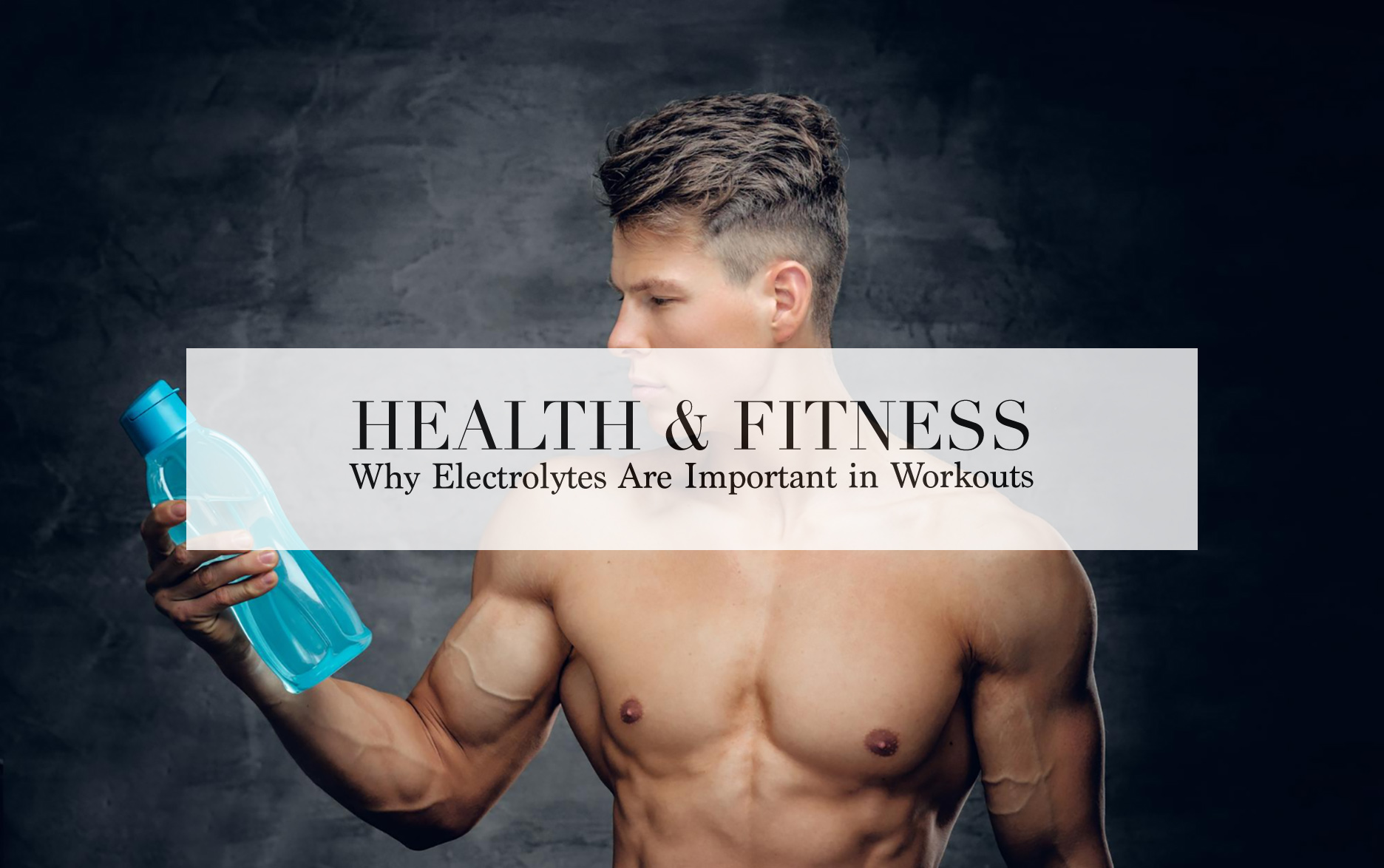When striving for peak performance in your workouts, the role of electrolytes is often overlooked, yet these minerals are crucial for ensuring that your body operates at its best. Whether you’re pushing through a grueling bodybuilding session or engaging in a high-intensity workout, understanding the importance of electrolytes can significantly enhance your results and overall well-being. This article explores why electrolytes are essential for workouts and delves into the science behind their impact on muscle function.
What Are Electrolytes?
Electrolytes are minerals that carry an electric charge and are crucial for various bodily functions. The primary electrolytes involved in exercise include sodium, potassium, calcium, and magnesium. These minerals play a significant role in maintaining fluid balance, supporting muscle contractions, and enhancing nerve function. During intense physical activity, electrolytes are lost through sweat, making their replenishment vital for sustaining performance and preventing complications.
The Role of Electrolytes in Workouts
- Maintaining Fluid Balance
Electrolytes help regulate the fluid balance within cells, tissues, and the bloodstream. Sodium and potassium are particularly important for this function. Sodium helps retain water in the body, while potassium assists in fluid distribution. During intense exercise, you lose fluids through sweat, which also depletes electrolytes. Maintaining proper electrolyte levels is essential for preventing dehydration and ensuring that your body functions optimally during workouts.
- Supporting Muscle Function
Muscle contractions are regulated by electrical impulses, which rely on the presence of electrolytes. Sodium and potassium are crucial for generating and transmitting these impulses. Here’s how they work:
-
- Action Potential Generation: Sodium ions enter nerve cells, creating an electrical impulse known as an action potential. This impulse travels along nerves to muscle fibres.
- Muscle Contraction: When the action potential reaches the muscle, it triggers the release of calcium ions from the sarcoplasmic reticulum. Calcium binds to proteins in the muscle fibre, allowing actin and myosin filaments to interact and generate contraction.
Potassium helps reset the muscle cell’s electrical state after the impulse has passed, ensuring that the muscle can relax and prepare for the next contraction. Proper electrolyte balance is crucial for smooth and controlled muscle contractions.
- Preventing Cramps and Spasms
Muscle cramps and spasms are common issues during intense workouts, often resulting from an imbalance in electrolytes like potassium and calcium. When these minerals are depleted, muscles are more prone to cramping. Adequate intake of electrolytes before, during, and after exercise can help prevent these issues and ensure a more effective workout session.
- Enhancing Nerve Function
Electrolytes are vital for transmitting electrical signals along nerves, which is essential for coordinating muscle movements. Sodium and potassium are particularly important in this regard. A deficiency in these electrolytes can impair nerve function, leading to reduced coordination and slower reaction times, potentially increasing the risk of injury.
- Optimising Hydration
While drinking water is important, it’s not always sufficient to replace lost electrolytes. Electrolytes facilitate water absorption and retention. Drinking water without replenishing electrolytes can lead to an imbalance, such as hyponatraemia (low sodium levels), which can be dangerous. Sports drinks and electrolyte supplements can help maintain the right balance, ensuring proper hydration and optimal performance.
The Science Behind Electrolytes and Muscle Contraction
Understanding how electrolytes affect muscle function involves looking at the cellular processes involved in muscle contraction:
- Sodium and Potassium: These electrolytes are essential for generating and transmitting electrical impulses. Sodium influx into muscle cells triggers contraction, while potassium helps reset the cell’s electrical state after contraction.
- Calcium: Calcium ions are released from the sarcoplasmic reticulum in response to electrical impulses. They bind to troponin, causing a shift in tropomyosin and allowing myosin heads to attach to actin filaments. This interaction causes the muscle fibres to contract.
- Magnesium: Magnesium aids in ATP production, which is crucial for muscle contraction and relaxation. It also helps regulate calcium levels, preventing excessive contraction and reducing the risk of cramps and spasms.
How to Ensure Adequate Electrolyte Intake
- Balanced Diet
Incorporating a variety of foods rich in electrolytes into your diet is one of the best ways to maintain balance. For example:
-
- Potassium: Bananas, oranges, spinach, and avocados.
- Calcium: Dairy products, leafy greens, and nuts.
- Magnesium: Nuts, seeds, and whole grains.
- Sports Drinks
Sports drinks can be effective for replenishing electrolytes during intense or prolonged exercise. Choose options with a balanced electrolyte profile and minimal added sugars.
- Electrolyte Supplements
Supplements are useful for those with specific dietary needs or intense exercise routines. Opt for supplements with a balanced mix of electrolytes and consult with a healthcare professional before starting any new regimen.
- Hydration Strategies
Proper hydration involves not just drinking water but also replenishing electrolytes. Hydrate before, during, and after exercise, and adjust your intake based on workout intensity and duration.
Electrolytes are integral to optimal workout performance and recovery. They help regulate fluid balance, support muscle function, prevent cramps, enhance nerve function, and optimise hydration. By understanding the science behind how electrolytes affect muscle contraction and implementing strategies to maintain their balance, you can significantly improve your exercise performance and overall health.
Incorporate electrolyte-rich foods, use sports drinks wisely, and consider supplements if needed to ensure you’re supporting your body’s needs effectively. With the right balance of electrolytes, you’ll be better equipped to achieve your fitness goals and enjoy a more productive and comfortable workout experience.


